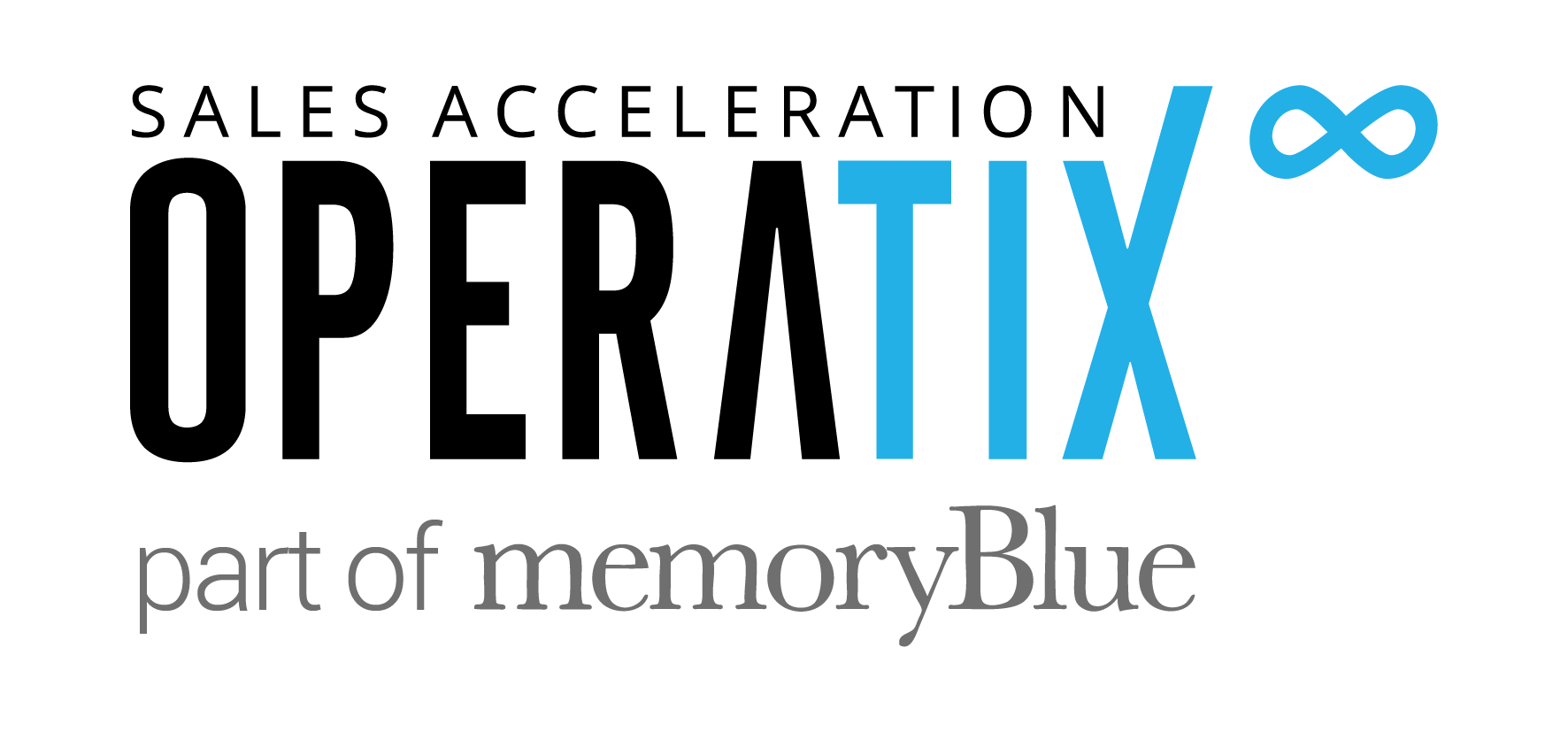Sales is an art form, but there’s a science to it, too.
Today I’m joined by Joseph Grieves, Training and Development Manager at Operatix, to talk about the 6 questions that will turn a cold call into a warm call.
“Whenever we have new people coming in, I’d be lying to them if I said what we do is easy,” Joe said. “There’s a lot of work that goes into making someone very good.”
Joe fell into sales after training as a professional actor, he found that call centres gave him an unexpected opportunity for performance. “The adrenaline that you get from cold calling is similar to standing up in front of an audience,” he said.


A good sales pitch is like good storytelling. It’s got to have a clear beginning, middle, and end.
Joseph Grieves – Training and Development Manager at Operatix
Scripted vs. Freestyle
There’s this ongoing argument in sales about whether to go for the scripted method versus the more freestyle.
In either case, it’s an art form.
In Hollywood, there’s no such thing as writing a script and being done with it. “It takes countless iterations,” Joe explained. “You have to put a lot of work into various drafts to make it what it is.”
Sales is an art, but it’s also a science. “There’s a formula to it, and we’ve very much perfected the formula,” he said.
No such thing as one-size-fits-all, but if you can answer these questions, you’ll have a great jumping off point to actually build your pitch.
So without further ado, here are the questions.
1. Who are your target personas?
You need to know the target personas that you want to meet.
“But what is it specifically that makes them the best person to speak to?” Joe said.
It’s not enough to say, I’m calling you because you’re the Chief Information Security Officer.
You should find out about the target persona personally. “By leaning into the conversation, talking about them and their interests, that immediately separates you from all the other salespeople,” Joe said.


The thing that gives people value is learning something about their business that they don’t already know.
Joseph Grieves – Training and Development Manager at Operatix
2. How would you summarize your company in 2-3 sentences?
Many people struggle initially with answering this one.
“A lot of salespeople start talking about their company, but if you’ve only got a short amount of time, you need to make that very succinct,” Joe said.
If you’re struggling to figure this one out, go to two great sources.
- Marketing. They’ve spent a lot of time trying to get these couple of sentences exactly right.
- The CEO. They’ve lived and breathed what the company does.
3. What are the biggest pain points your service solves?
Most technology is born out of the idea that there is a problem that you need to solve.
The technology is created to fix the problem, and you should highlight that.
“There might be several problems that your solution fixes, but you do need to be selective,” Joe said. “Pick the ones that are not only going to resonate, but something that they agree with and recognize almost immediately.
4. What are the best business benefits to your solution?
Benefits. Not features.
“It’s very important to make that distinction, because in the beginning, people aren’t necessarily focused on what the technology does or how it does it. They’re more interested in the outcome,” Joe said.
The end outcome comes down to the same few things:
- Will it save me money?
- Will it make me money?
- Will it save me time?
- Will it make me more secure?
If you’re having trouble answering this question, try it out this way.
Give me one good reason why people should buy your product.
More than likely, that’ll be your main benefit.
5. Who are the current clients you can mention?
“It’s all well and good to say you can do these wonderful things for companies, but unless you show that you’ve been able to do it for similar companies, they may not always take your word for it,” Joe said.
Nondisclosure agreements aside, where you can talk about your current clients, it’s important to give specifics. Especially if it’s a suitable competitor in the same vertical.
“You’ve saved X company X amount of money,” Joe said. That’s more powerful than just saying something will save money.
Give people an idea of exactly what you’ll be able to do for them.
6. What value will you give during a meeting?
A lot of salespeople struggle with this one.
A demo or a powerpoint presentation–it needs to give potential clients value beyond just the presentation itself.
“The thing that gives people value is learning something about their business that they don’t already know,” Joe said.
If someone’s going to take time to talk about your service or product, they want to know that the hour they spend with you will be worth it whether they buy your product or not.


There’s a formula to it, and we’ve very much perfected the formula.
Joseph Grieves – Training and Development Manager at Operatix
The So What
If you can answer those six questions in order, that writes your sales pitch for you.
“What you’re looking for is a narrative. A good sales pitch is like good storytelling. It’s got to have a clear beginning, middle, and end,” Joe said.
These six questions go a very long way towards helping you create that story.
Get in touch with Joseph about these 6 powerful questions through his LinkedIn or by email at joseph.grieves@operatix.net.
This post is based on a B2B Revenue Acceleration podcast with Joseph Grieves. To hear this episode and many more like it, subscribe here.




